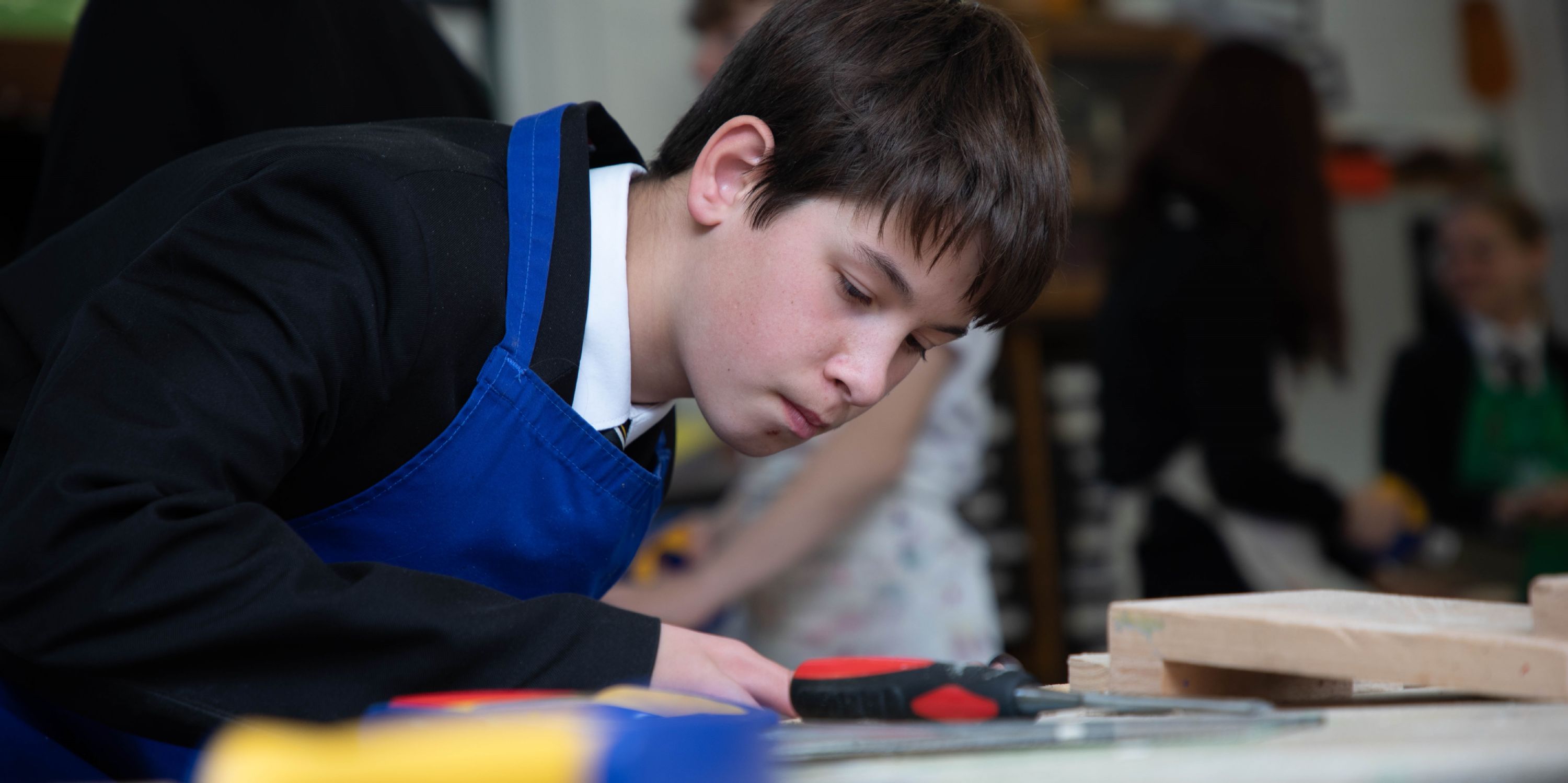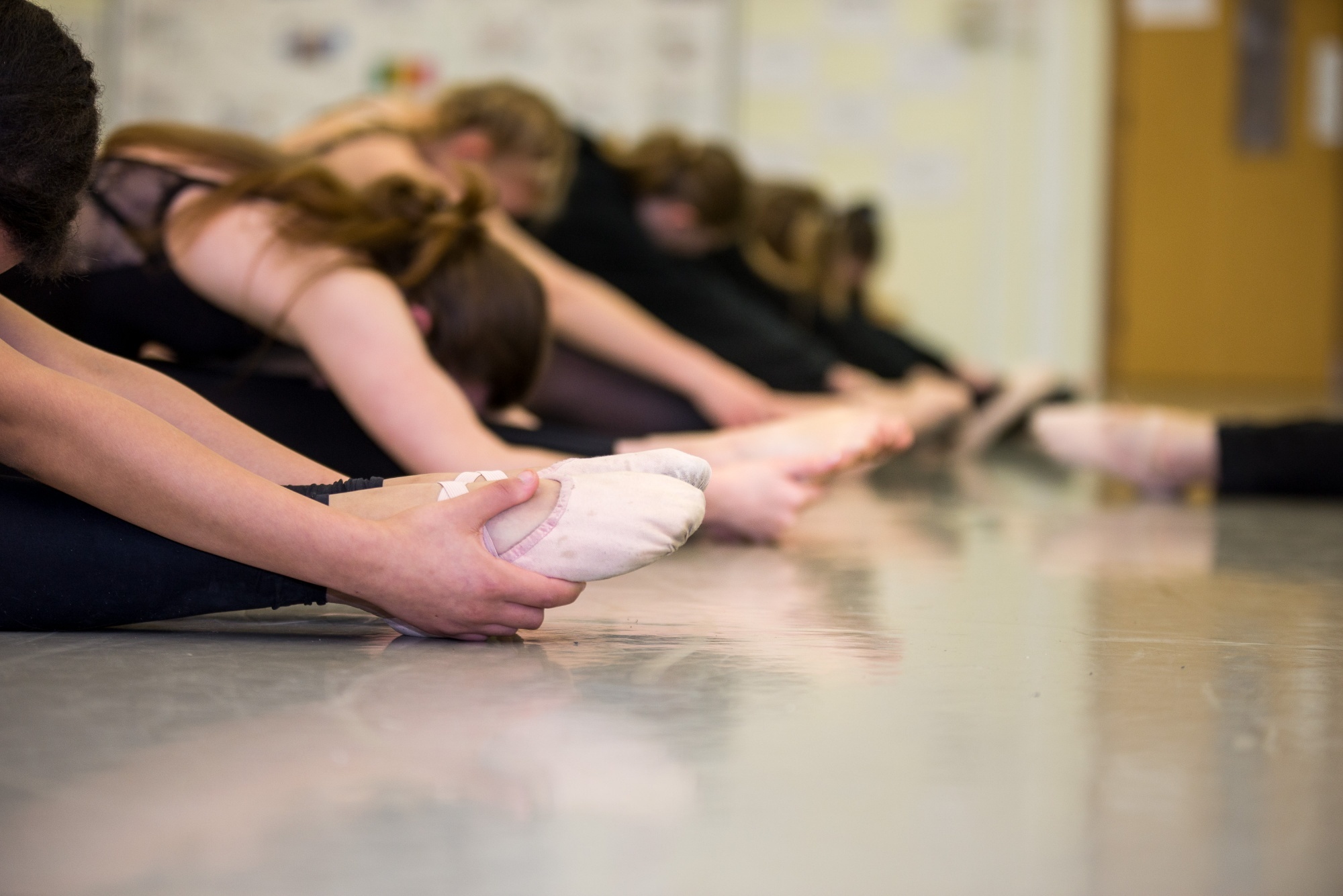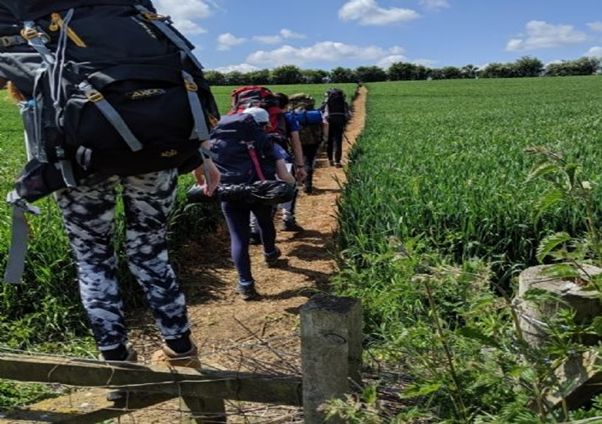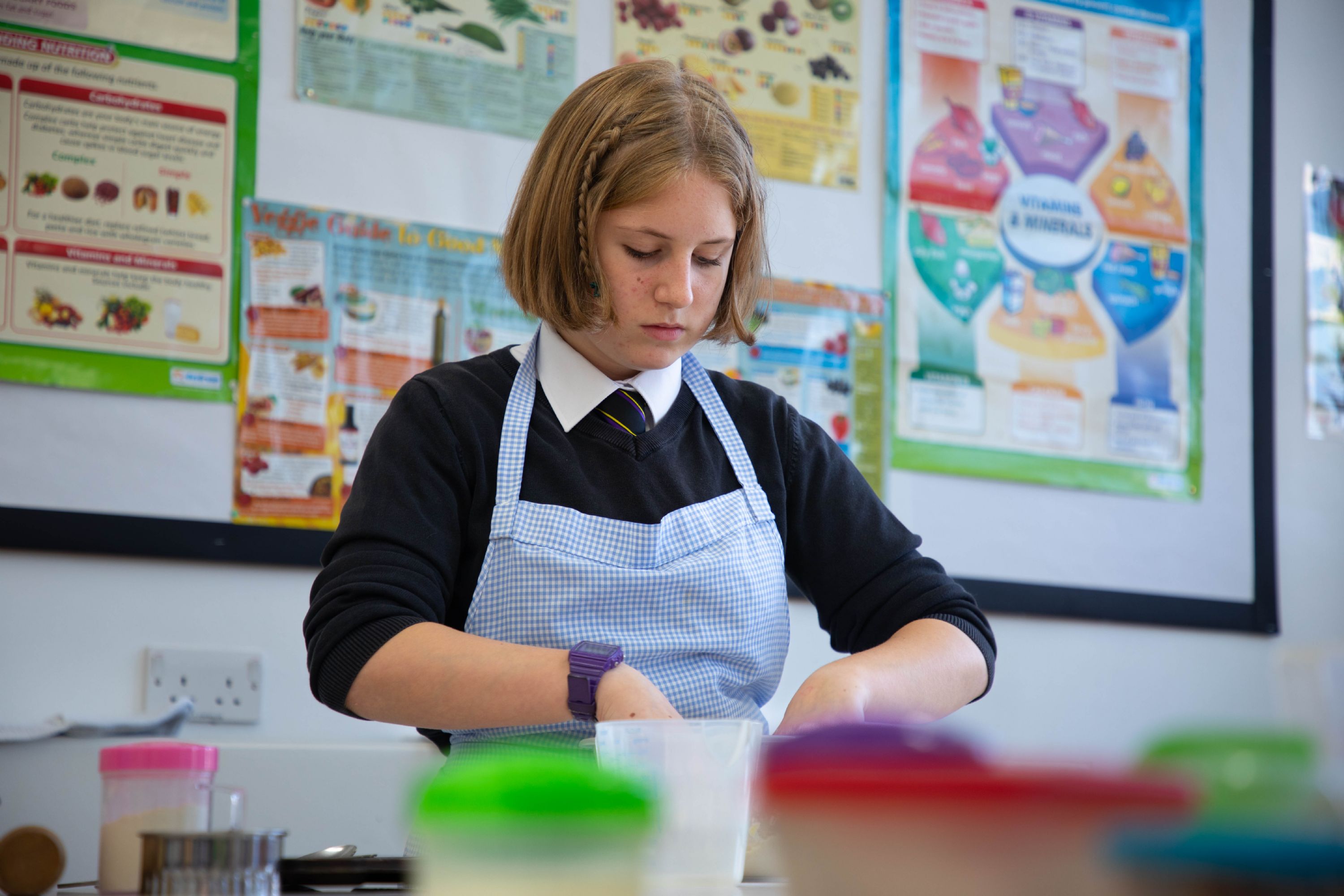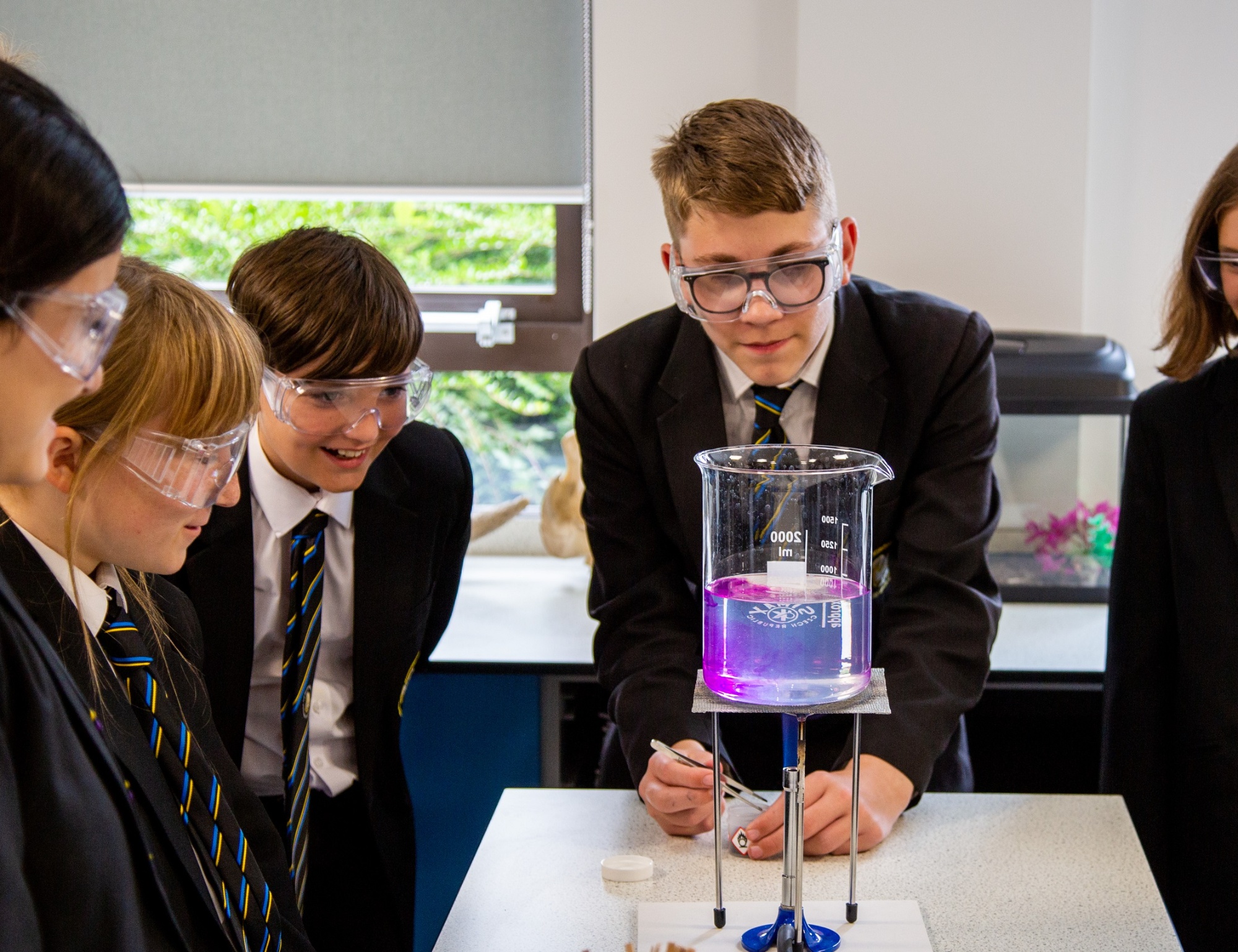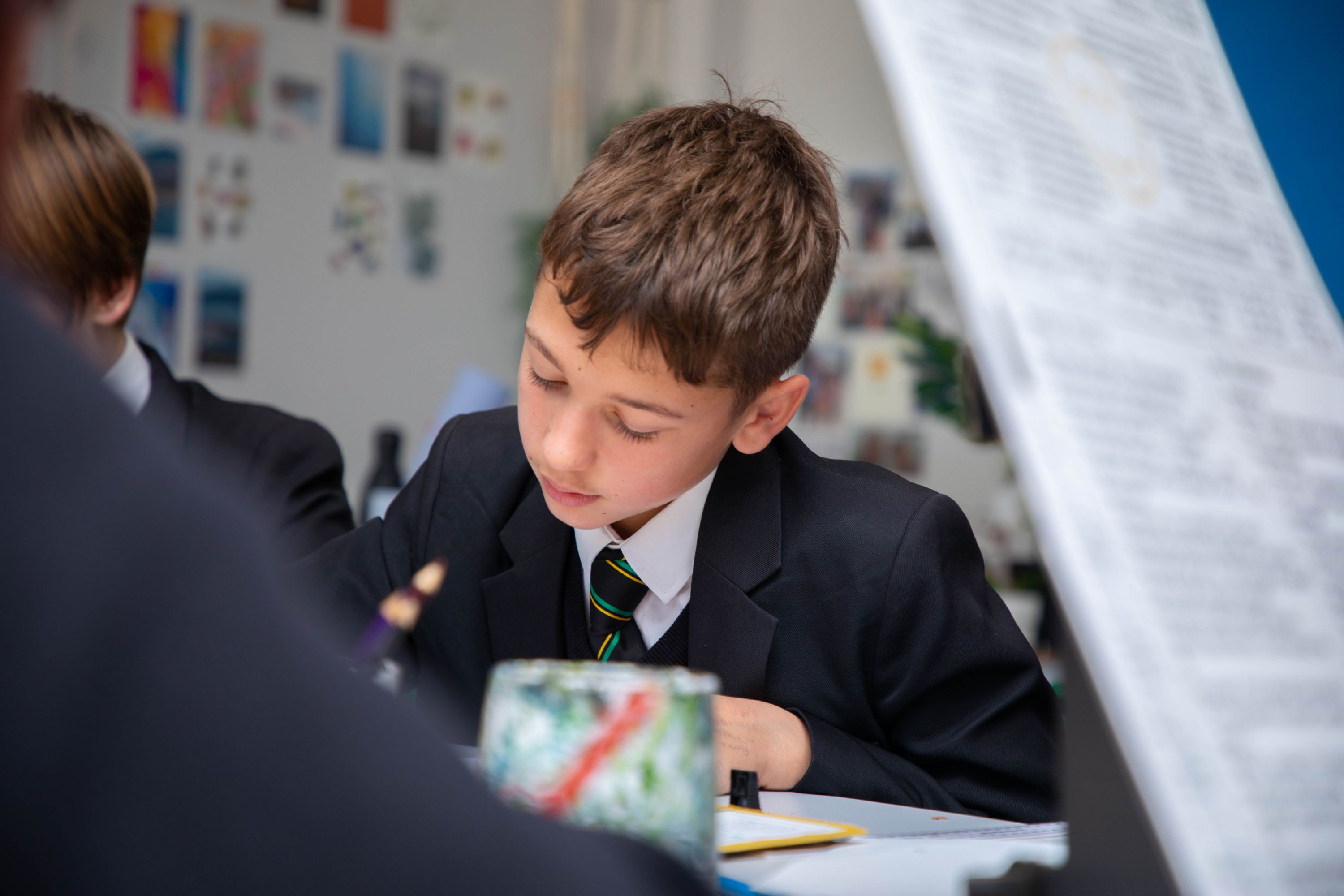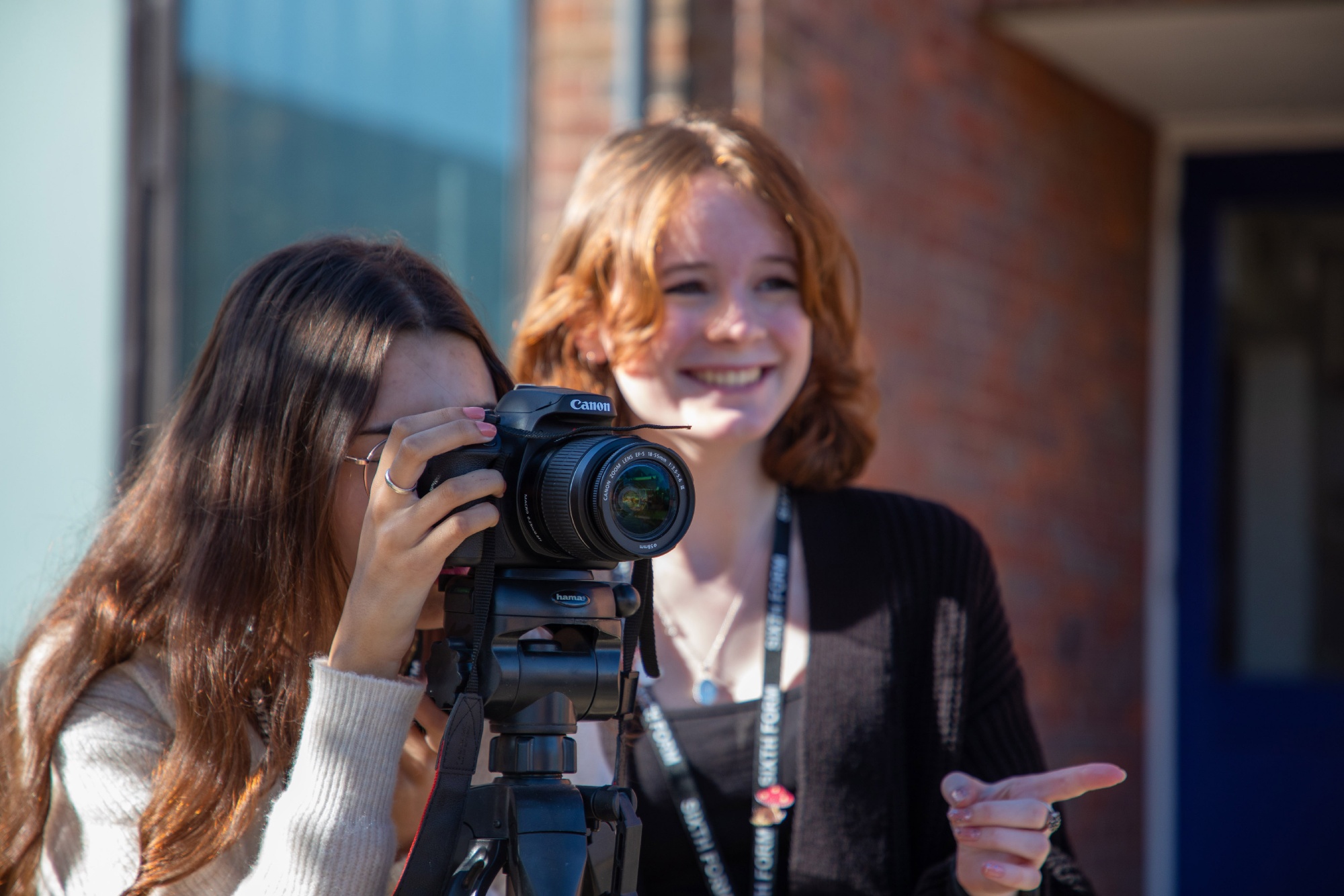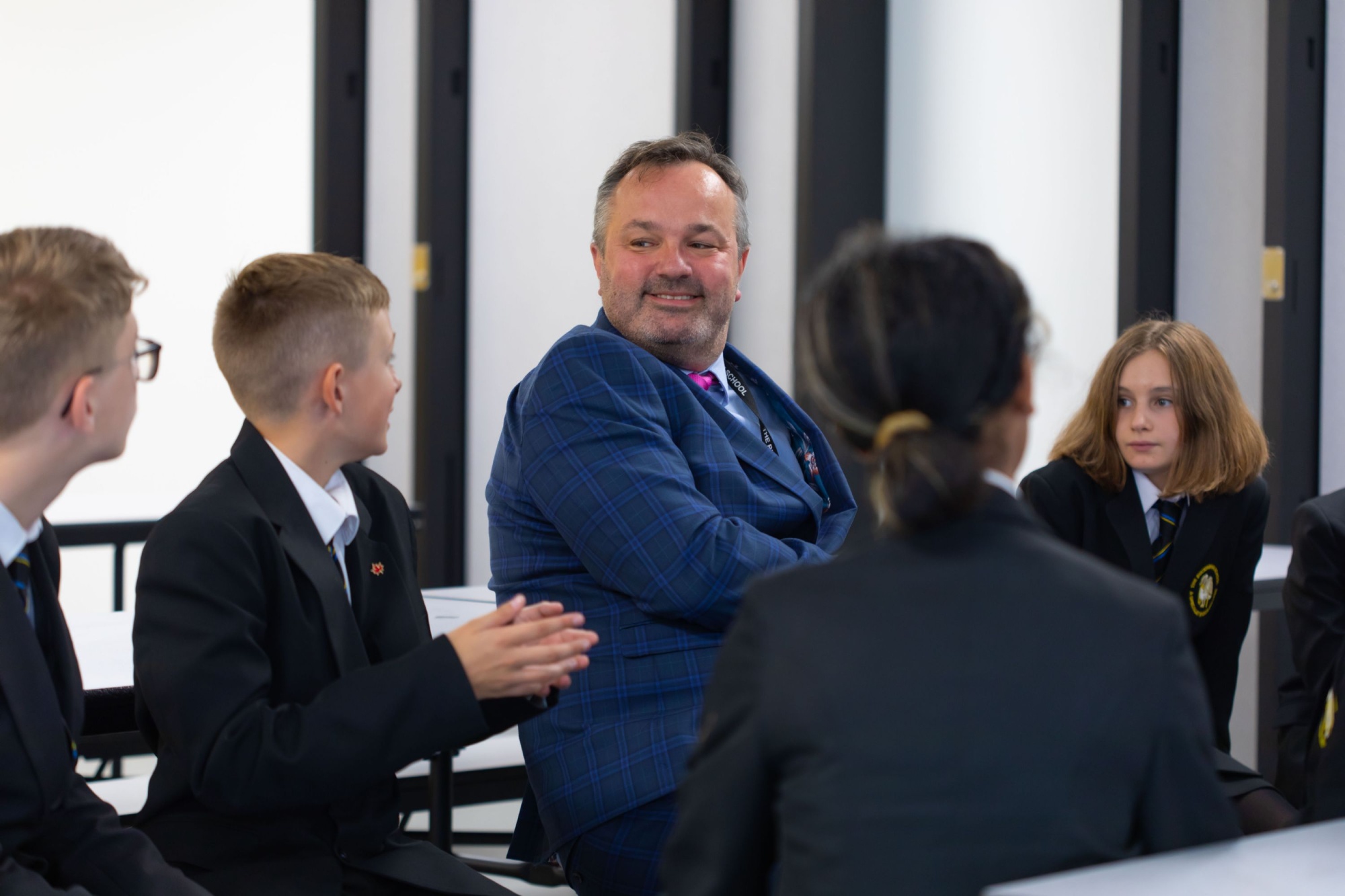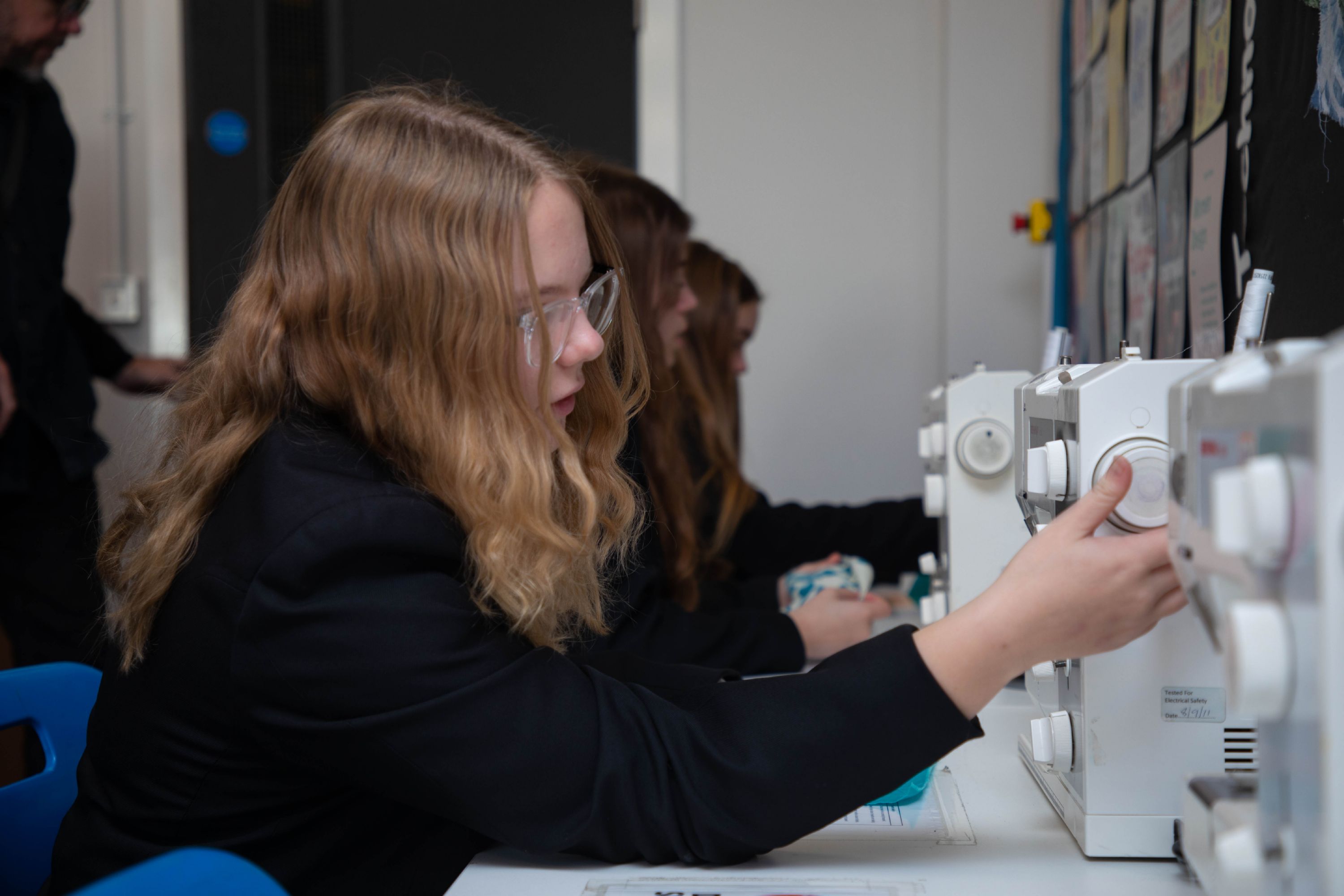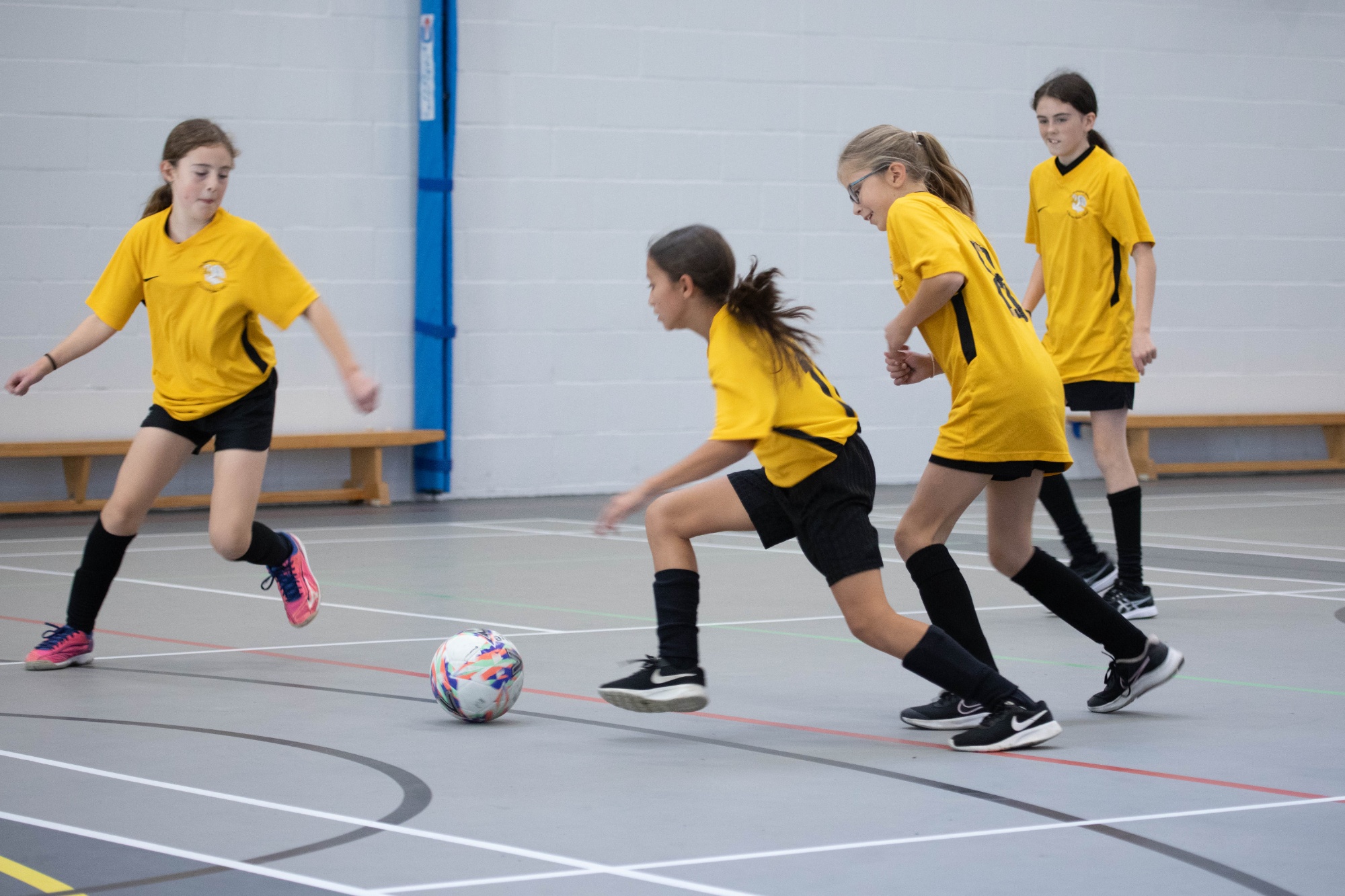E-Safety
The Internet is a wonderful resource providing a huge amount of information and many learning activities. However, it has a darker side, with some information not appropriate to learners and users vulnerable to exploitation. Students and parents should be aware of the potential dangers and take measures to ensure safe usage by all.
The information in this section is provided to help you think about how to ensure that all students access the internet safely and responsibly.
Online Safety Guidance for Parents download
A number of organisations are working to make the internet a safe place for the benefit of all users.
Live.me and Snapchat - Parental Information and Useful Tips
Smartphone Safety: Texting Glossary
If you use a smartphone to send SMS messages, you’re probably acquainted with some of the many acronyms and abbreviations that people use for these messages. If you’ve ever been confused about something you’ve seen in a text, brush up on your texting glossary with these helpful terms.
Child Exploitation and Online Protection (CEOP) Centre
The Child Exploitation and Online Protection (CEOP) Centre is a law enforcement agency that aims to tackle child sex abuse wherever and whenever it happens. Part of its strategy for achieving this is to give e-safety advice for parents and carers, training for educators and child protection professionals, and a ‘report abuse’ button for reporting abuse online. Services include:
Thinkuknow – online safety for young people and their parents
The CEOP Thinkuknow website has a range of information on online safety for young people, with key topics including mobiles, gaming, social networking, chatting, podcasts, blogs, and peer-to-peer technologies. The content of the site is based on three key messages:
- How to have fun online
- How to stay in control online
- How to report a problem online.
A section of the website specifically for parents and carers aims to help them understand more about what their child may be doing online. The site also has a prominent link to the CEOP service for reporting suspicious behaviour online with or towards a child (see Reporting abuse below).
Through the Thinkuknow education programme, CEOP offers training for those working with children aged between 11 and 16. The training is available to anyone who has a professional role in child protection, education or law enforcement – which can include police officers, teachers, social workers, child protection specialists and people from children's charities and voluntary organisations. Once trained, educators are able to deliver the Thinkuknow programme directly to children. Completion of the CEOP Ambassador Training scheme will allow educators to cascade the training to colleagues.
Training for child protection professionals
CEOP works alongside colleagues in the criminal justice and child protection agencies in the UK and abroad to add value to existing services and support the professionals working in this area. The centre offers a series of specialist training courses aimed at professionals who:
- conduct criminal investigations where the sexual abuse of children is a factor
- manage offenders in the community or within the justice system
- take responsibility for safeguarding children from sexual predators.
The training courses are designed to help delegates to understand clearly the nature of sexual offending and to develop the skills and knowledge that can better equip professionals to deal with the difficult and distressing nature of such crimes. One of the courses deals specifically with internet sex offenders.
CEOP provides a facility, in association with the Virtual Global Taskforce, for reporting any inappropriate or potentially illegal online activity towards a child. This might be an online conversation with someone who a child thinks may be an adult, who is treating a child in a way which makes them feel uncomfortable, or who is trying to meet a child for sex.
If a child is in immediate danger, dial 999 for police assistance.
There are prominent reporting links from the CEOP website, the Virtual Global Taskforce website and the Thinkuknow website. A reporting link is also available as a tab option in MSN Messenger.
Childnet International is a non-profit organisation, working in partnership with others around the world to help make the internet a great and safe place for children..
Childnet works in three main areas:
- Access and promoting quality content - helping children and young people to use the net constructively, showcase quality content and enable others to use our resources and develop new projects.
- Awareness and advice - helping children and young people acquire new ‘net literacy’ skills and giving advice to industry, organisations, parents, teachers and carers about internet and mobile safety.
- Protection and policy - working with others to help protect children from being exploited in the online environments provided by new technologies as well as seeking to initiate and respond to policy changes.
Children’s Charities’ Coalition on Internet Safety
The Children’s Charities’ Coalition on Internet Safety (CHIS) is a coalition of leading children’s charities in the UK (Barnardo’s, ChildLine, The Children’s Society, ECPAT UK, National Children’s Bureau, Action for children, Children England, NSPCC, and Stop it Now!), working together to provide safeguards for children on the internet. CHIS campaigns to raise awareness of the hazards children may encounter when using the internet, works with the internet supply chain to develop child safety policies, and lobbies government for action. For further information see:
INHOPE is the International Association of Internet Hotlines which exists to support and enhance the work of internet hotline providers all over the world in responding to illegal use and content on the internet. Its main functions include sharing expertise, supporting new hotlines, and educating and informing policy makers at an international level.
The Internet Society (ISOC) is a professional membership society with more than 80 organisational and 28,000 individual members across 90 countries. Its principles include self-regulation by content providers, removing discrimination, and protecting personal information generated on the internet.
The Internet Watch Foundation (IWF) is the UK hotline for reporting illegal online content – specifically child sexual abuse images hosted worldwide and also content that is criminally obscene and incitement to racial hatred hosted in the UK. The IWF works in partnership with the online industry, the Government, law enforcement agencies and other hotlines at home and abroad to remove such content from the internet. A prominent link for reporting illegal content appears on the home page of the IWF website.

